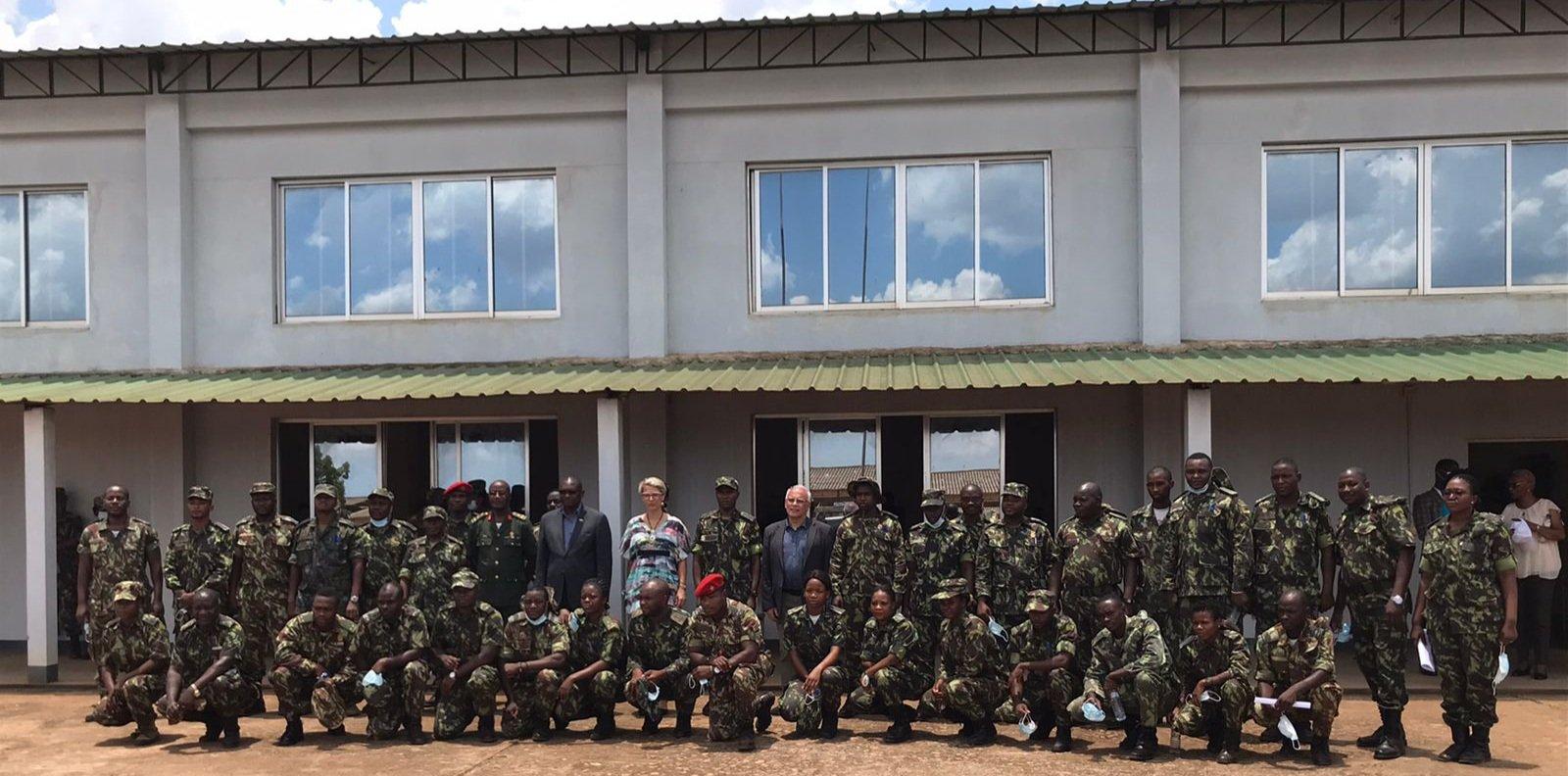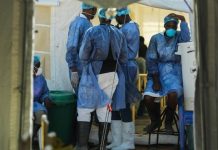
Africa-Press – Mozambique. Over 100 men and women members of the Mozambique Armed Forces (FADM) have today received certificates to mark the completion of a series of trainings on the prevention of recruitment and use of children in armed conflict.
Conducted by the Dallaire Institute for Children Peace and Security (“Dallaire Institute”) with the support of UNICEF and Mozambique’s Ministry of National Defence, participants were awarded the certificates at a ceremony held at the FADM training centre in Chimoio, Manica Province.
The training, which began on November 16th 2021, marked the implementation of a Memorandum of Understanding between the Republic of Mozambique’s Ministry of National Defence, UNICEF and the Dallaire Institute to deliver child protection training to the FADM. The training is vital to a well prepared and professional force that contributes to ending the recruitment and use of children by armed groups and preventing future recruitment.
The recruitment and use of children are one of the six grave violations against children in armed conflict. Every year, tens of thousands of children globally—both girls and boys—are used by armed forces and armed groups in a variety of roles such as fighters, cooks, porters, messengers and spies. Many, especially girls, are also subjected to sexual abuse and exploitation.
“Strengthening the capacity of the FADM to prevent grave violations against children, with a special emphasis on preventing the recruitment and use of children as soldiers, and actively putting children’s rights up front will produce a framework that enables the protection of children and secure a peaceful future. Applying these skills also play an important role in ending cycles of violence that can lead to recurrence conflicts,” says Dallaire Institute Acting Country Representative in Mozambique, Arsène Mukendi Tshidimu.
“When children are recruited or used by armed actors, their lives are shattered, with significant consequences for their physical and mental well-being. Developing awareness, knowledge and skills to prevent girls and boys from being taken and used by armed groups is a key step in ensuring their protection while contributing to the achievement of peace and security”, said Katarina Johansson, UNICEF’s Deputy Representative in Mozambique.
For More News And Analysis About Mozambique Follow Africa-Press





